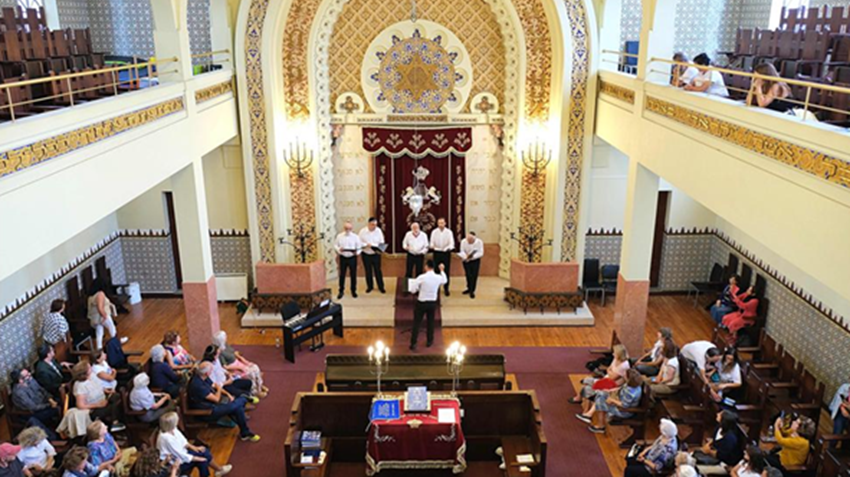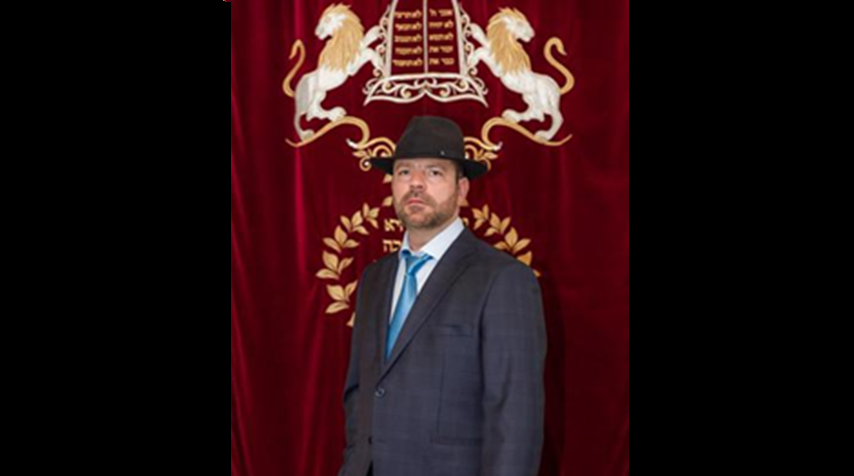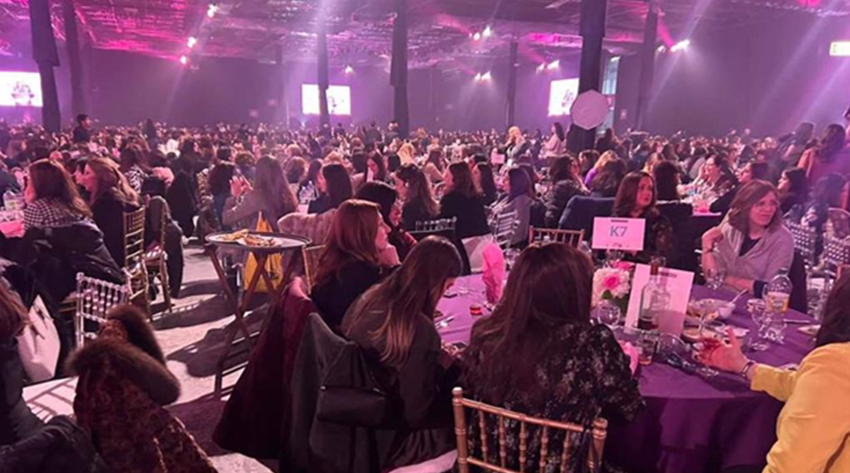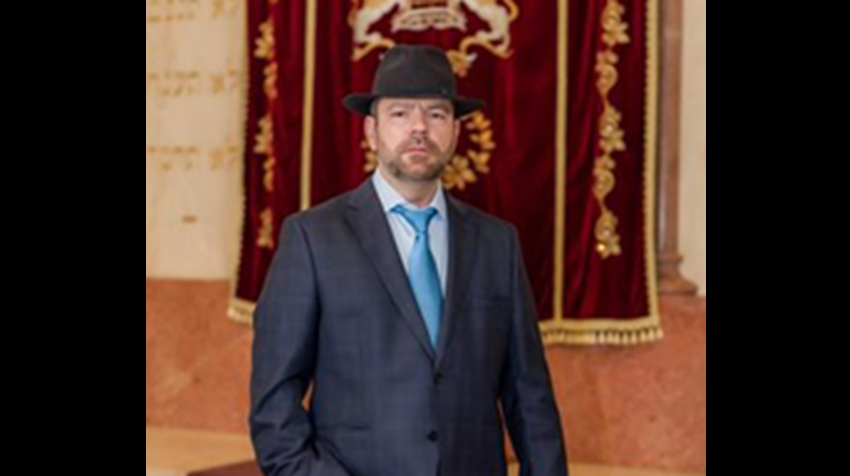Credit: Helder Ferreira Photography
The Mekor Haim Choir of the Jewish Community of Porto will perform a special concert in the beautiful Kadoorie Mekor Haim Synagogue on Sunday, September 7, 2025 at 2 p.m. As in past years, this will be the musical part of the celebration of the European Day of Jewish Culture. The theme of the day this year is ‘The People of the Book’. The program will reflect the Biblical sources of the repertoire of the choir, with songs in three languages.
Ladino is the language of the Jews of the Mediterranean world, dating from the expulsion from Iberia in the 15th century. There is a rich body of songs in Ladino that have been influenced by words and melodies, from Portugal and Spain to the Balkans and Turkey. The choir will perform ‘Avram Avinu’, which tells the mythic story of the birth of Abraham, the father of the Jewish People. The melody is a lively Andalusian tune. The program will also include ‘Mama Yo No Tengo Visto’, an old romantic poem set to a tune written by Haim Effendi in Turkey in the early 20th Century. The song also has modern Hebrew lyrics by the poet Yehuda Karni. The third offering in Ladino will be ‘La Rosa Enflorece’. This song also has lyrics in Hebrew set to the same melody with the words ‘Tzur Mishel Achalnu’, sung before the Grace After Meals on the Sabbath evening.
Yiddish is the common language of the Jews of Eastern Europe. Its roots lie in a 9th century German dialect that grew to include words from Hebrew, Aramaic, Slavic and Romance languages. There are many songs, poems, plays, and novels in Yiddish which have become part of the world’s artistic heritage. ‘Rozhinkes Mit Mandlen’ (‘Raisins and Almonds’) was written in 1880 by Abraham Goldfadden as an aria for the Yiddish opera ‘Shulamis’. In this lullaby, a mother tells her son that he will become a merchant selling raisins and almonds, combining the bitter and the sweet. ‘Oyfn Pripichok’ is another well-known Yiddish folksong. A rabbi teaches young children the Hebrew alphabet by a warm fire. He says that when they are older, they will know how many tears are hidden in the letters, but that they will gain strength from the language.
Hebrew has been the sacred language of the Jewish people for thousands of years. As the language of the Bible and of prayer, it is the source of lyrics for many songs. This concert will also feature songs in Hebrew from different times and places. ‘Hallelulah Halleli Nafshi’ sets the words of Psalm 146 to music in the style of the 17th Century Italian Baroque, composed by Salomone Rossi. ‘Kole Berue’ is from the morning prayers in the Sephardi tradition. The music, written by Emannuel Aguillar in the 19th Century, is from the Spanish and Portuguese synagogue in London, ‘Ma Tovu’ is the first hymn sung on entering the synagogue. The text “How good are they tents, O Jacob” comes from Numbers 24:5 and several Psalms. The melody was composed by Louis Lewandoski in Germany in the late 19th Century. ‘Yehiyu Leratzon’ quotes Psalm 19: “May the words of my mouth and the meditation of my heart be acceptable to Thee, my Rock and my Redeemer.” The music is by the 20th Century composer Ernest Bloch.
All are welcome to attend this free concert. Please contact yonahyaphe@hotmail.com for more information on the concert or if you are interested in joining the choir.


































